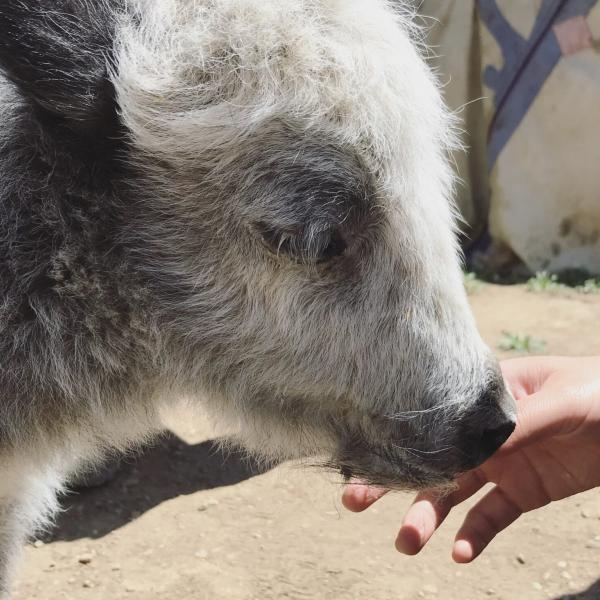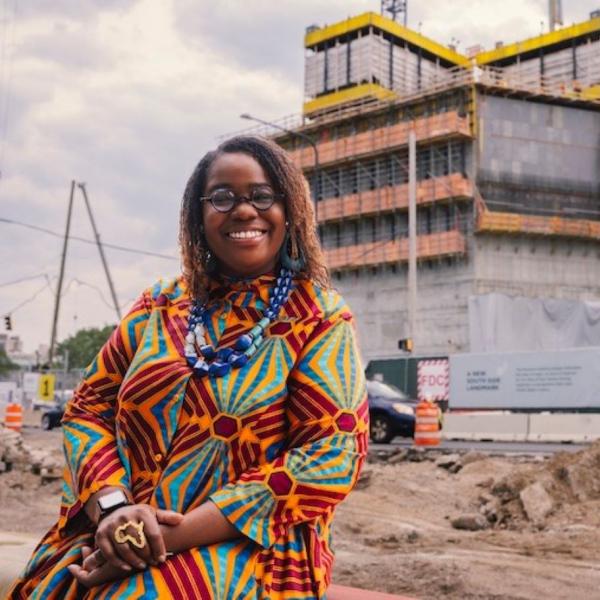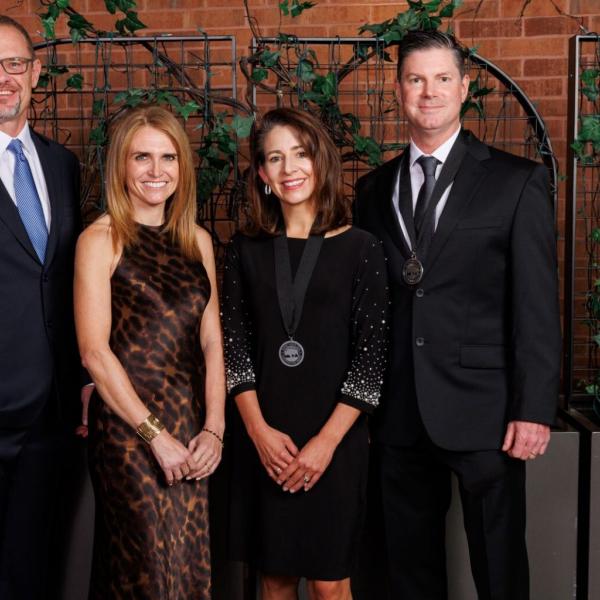Oguz Alyanak
My research interests include morality, masculinity and urban space. In my ongoing research (2016), I collect spatial stories from members of the Turkish community about everyday life in Strasbourg, as well as the larger Franco-German borderland, which includes the neighboring German town of Kehl. Preliminary research shows that these stories speak of an anxiety over how and where men, in particular, spend their free time. Excursions to nightclubs, brothels and casinos in Germany put many Muslim Turkish men under the spotlight as usual suspects for moral transgression. The fear of transgression, however, cannot be contained in Germany alone for it bleeds into mundane contexts of ethical thinking and envelops ordinary places and practices, thus making everyday life subject to moral policing and inquiry. Hence, for many Muslim Turks, how and where one spends his time becomes a political question—one that lends itself to a self-reflexive dialogue over being a good Muslim, which usually involves reflection on achievements and repentance of failures in reaching this goal. Using semi-structured interviews, cartographic surveys and participant observation with male and female members of the Turkish community in Strasbourg, I describe what it means for Muslim Turkish men to become subjects of moral inquiry, and explore how it shapes their exploration of the urban landscape.




